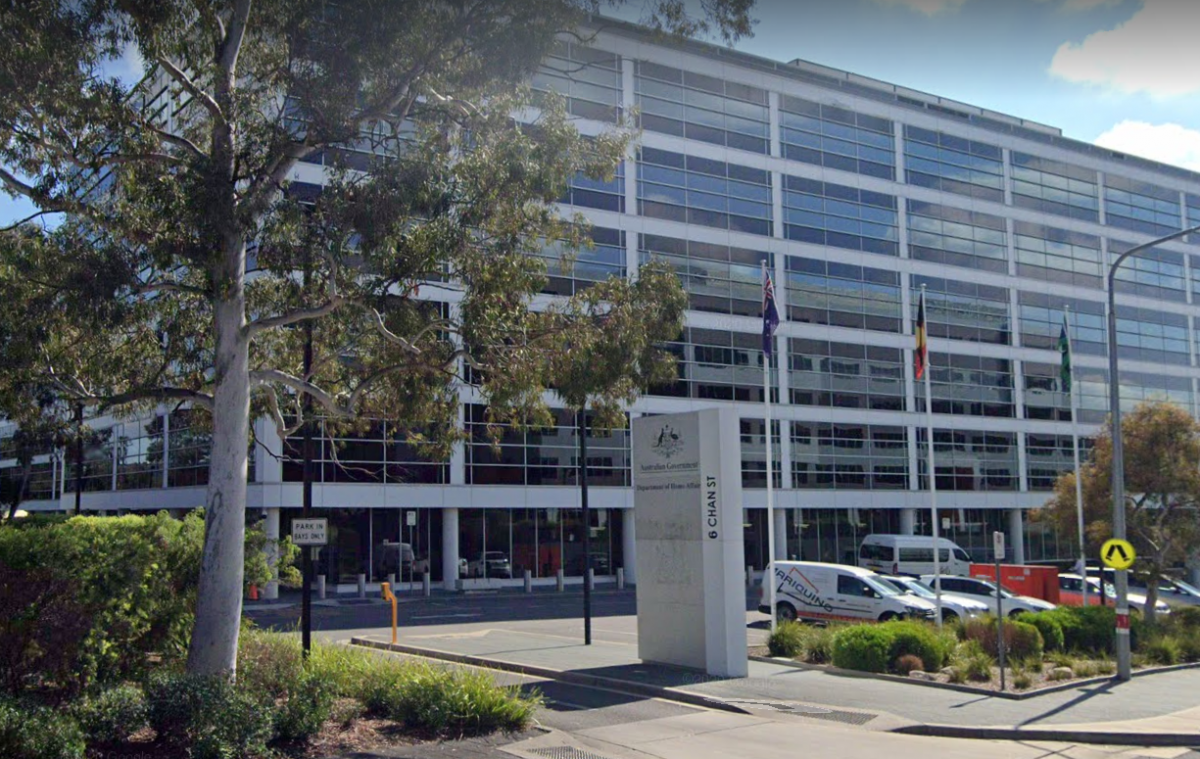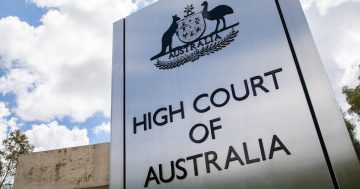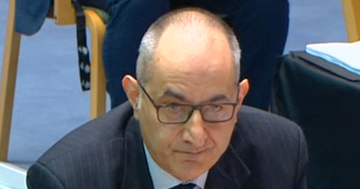
By asking the Department of Home Affairs not to refer certain visa applications to him, then-Minister Peter Dutton was wrongly delegating power to the department. Photo: Google.
The High Court has issued the Department of Home Affairs a wake-up call over its use of the so-called ‘God powers’ Peter Dutton exploited, allowing ministerial intervention in the issue of non-citizen visas.
In a ruling last week (12 April), the court found the department had flouted the Migration Act by overstepping executive power at the direction of Mr Dutton.
As immigration minister in 2016, Mr Dutton issued guidelines on how ministerial intervention should be managed.
Within those guidelines was the direction that departmental officers should weed out what they considered non-viable applications for ministerial intervention before they reached the minister.
The guidelines were followed by the department, apparently without questioning whether they fell within the law.
The problem is the Act states that these specific ministerial powers cannot be delegated.
The powers are non-reviewable, non-compellable and non-delegable – thus the ‘God powers’ title – and are only to be used in the public or national interest.
In an appeal hearing of the Davis v Minister for Immigration case, the High Court found that by asking the department not to refer certain applications to him, the minister was wrongly delegating the power.
But the department was nonetheless compliant with Mr Dutton’s directions.
“The 2016 ministerial instructions relevantly instructed departmental officers not to refer a request to exercise the power conferred by s 351 of the Act to a minister in any case which departmental officers assessed not to ‘have unique or exceptional circumstances’,” the court stated.
“Each departmental decision not to refer turned on the departmental officer assessing the case in relation to which the request was made not to meet that criterion for referral.”
In other words, Mr Dutton had instructed the department to do what the law says only he as minister could do – and the department did it.
“The court found that the broad criterion of ‘unique or exceptional circumstances’ in the ministerial instructions required, in effect, a departmental officer to evaluate the public interest and make a decision entrusted exclusively to the minister,” the High Court states.
“For that reason, the ministerial instructions exceeded the limitation imposed by s 351(3) on the executive power of the Commonwealth.
“The decisions made in purported compliance with the ministerial instructions were therefore unlawful.”
This rarely used provision for ministerial intervention in cases where visas are refused or cancelled reached notoriety after Mr Dutton reversed visa cancellations for two young tourists planning to work as au pair in 2015, one of them for his former Queensland police colleagues.
That same year he intervened in another au pair case after then AFL CEO Gillon McLachlan raised the issue on behalf of a relative.
The powers were subsequently used last year by the Albanese government to grant the Murugappan family of Biloela in regional Queensland permanent residence.
Mr Dutton’s 2016 guidelines replaced those put in place in 2009 by Labor’s former immigration minister Chris Evans.
Whether the earlier guidelines breached the limits of executive power is now being investigated by the department, which is seeking legal advice.
The ruling has possible implications for many other ministerial decisions beyond the use of s 351, taken by both Coalition and Labor governments.
Immigration Minister Andrew Giles has described the decision as “very substantial” and one that is being taken seriously by the current government.
“We will be carefully considering the decision, taking advice on it and responding having done so,” Mr Giles said.
“That’s the responsible course of action. It’s the only course of action.”




















